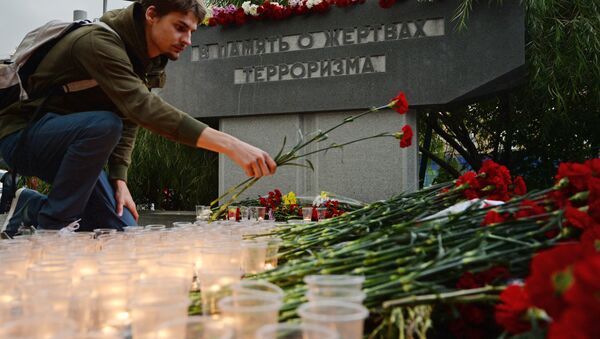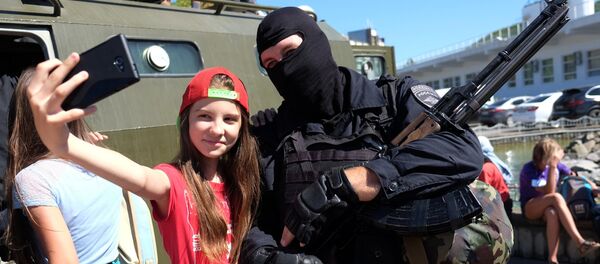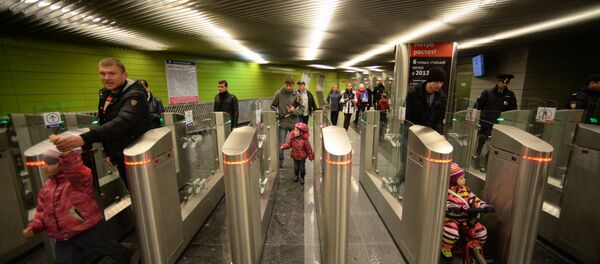In particular, Russia commemorates the tragic events that took place in the city of Beslan on September 1-3, 2004, when over 300 people, mostly women and children, died as a result of an unprecedentedly cruel terrorist attack.
On the anniversary of this tragic event, a minute of silence is held across the country, there are memorial concerts, people gather to light candles and send 334 white balloons into the sky in memory of the victims who died that day.
Despite the terrible ordeals that Russians have faced at the hands of the terrorists, western media has on a number of occasions failed to bring to light the grief suffered as a result.
The attacks occurring in the Western world are highlighted more intensely, whereas, violence in Russia is not deemed to be as tragic and hence is left aside. The truth is that Russia has been dealing with terrorism for much longer than other countries.
In memory of all the victims and in support of their families who have lost their loved ones, Sputnik presents a memory of the attacks that shook this nation to its core. We remember!
The City of Angels: School #1 in Beslan
September 1 is a day when new pupils in all of Russia come to their schools to start the school year. Their families come along with the pupils to present flowers to teachers. It is a day of celebration all across the country.
However, September 1, 2004, turned into a day of tragedy beyond human comprehension in the North Ossetian town of Beslan when militants seized more than 1,100 students, their families and teachers in school №1.
The hostages were rounded up into the school gym and kept there for three days without food and water.
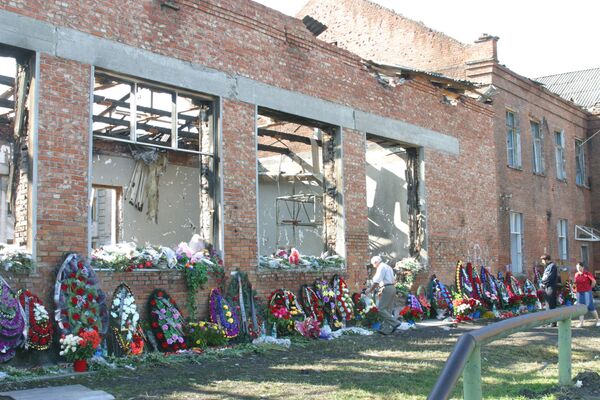
On September 2, after negotiations with the former Head of Ingushetia, Ruslan Aushev released 25 women and children. On September 3, shooting and explosions started inside the school and security officials were forced to begin their assault operation.
Most of the hostages were released but 334 people were killed, including 186 children. More than 800 people were injured. The militants were killed; one survivor was sentenced to death, instead of receiving life imprisonment. The responsibility for the attack was claimed by the international terrorist Shamil Basayev (killed in 2006).
Twelve years have passed since Beslan tragedy took place on September 1, 2004. However, in these 12 years, some Western media have tried to justify the actions of the terrorists that day, even calling them rebels and guerrillas.
In conversation with Sputnik Italia, Ennio Bordato an honorary citizen of Beslan and the President of Help Us Save the Children Association [Aiutateci a salvare i bambini] described why it is important to remember this fateful day.
“On September 4, 2004 we arrived in Moscow and contacted Beslan through a mother of one of the children lying in a hematology unit. Thanks to the authorities of the Autonomous Province of Trento [Provincia autonoma di Trento] we started our first project. We brought 33 children and 30 adults for two months to Italy from Beslan,” Bortado said.
He further noted, “A difficult episode started from 2005 to 2010 when a team of psychologists from the University of Padua (Università di Padova) started working in Beslan. This project of psychological assistance ended in the release of 1000 DVDs with recommendations to overcome post-traumatic stress disorder.”
Bortado added that the association is still active in Belsan as it is in touch with the city administration and in particular with the victims who came to Trento.
“I believe that this terrible event should be seen with a broader view, to understand its full significance. What happened in Beslan was the first step to what is now called Daesh. This was an attempt to force Muslims to fight against Christians and to perceive Russia as the main enemy,” the association president said.
Talking about why in the west, the tragedy that occurred in Beslan has been forgotten despite the fact that innocent children were killed; Bordato said, “Because the target was Russia.”
“Just like today they keep saying that in Syria it is the moderate terrorists, it was similar back then, when the tragedy was presented in such a way that those who killed the children in that school were not to be blamed.”
He spoke about how in the west there are still victims of “Series A” and “Series B”.
“In the West, the press still bows before an international authority and we continue to say that, in fact, victims of Russian are not very important, only our victims are important. This is our big mistake, for which we will pay in the future,” Bordato concluded.
Moscow Theatre Hostage Crisis on Dubrovka
October 23, 2002, was just a regular night for the culture center on Dubrovka Street; actors were performing part one of the acclaimed musical Nord-Ost for over 900 audience members. Suddenly, a group of armed militants broke inside, took everyone hostage and mined the building.
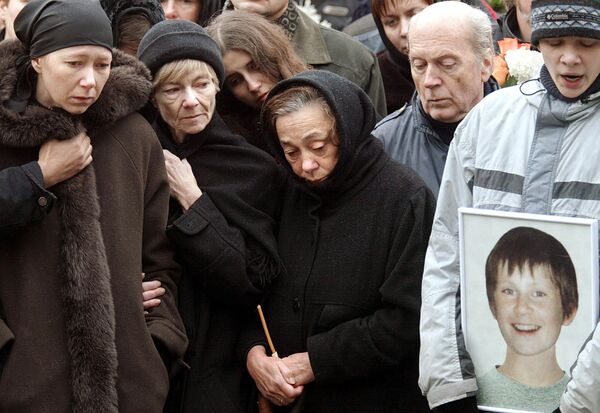
Around 40 terrorists flooded the hall on both levels. The hooded men and women would later demand the Russian government withdraw forces from its southern republic of Chechnya, threatening to kill 10 hostages for every dead militant.
On the morning of October 26, Special Forces began an assault on the theatre using special unidentified gas that rendered everyone unconscious and killing others. Leader of the terrorists Movsar Barayev and most of his band were killed, while three were arrested. 130 hostages died that day. Shamil Basayev took responsibility for the attack.
Flight Interrupted
In 2004, two domestic Russian aircraft were bombed on August 24.
Both aircraft had flown out of Domodedovo International Airport in Moscow and carried a combined total of 90 people, none of whom survived.
Siberia Airlines Tu-154 was bound for Sochi while the Tu-134 belonging to Volga – Aviaexpress was bound for Volgograd. The explosions took place on board the aircraft with a difference of a minute at 22:54 and 22:55.
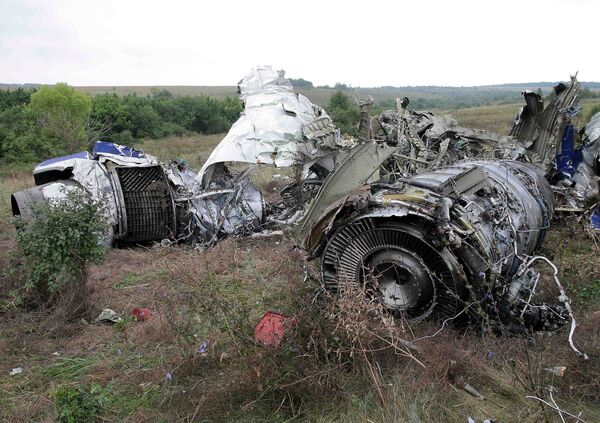
The subsequent investigation found that the bombs were triggered by two female Chechen suicide bombers.
Bomb Blasts in Moscow Metro 2004
On February 6, 2004, a blast tore apart a train car in the Moscow metro killing 41 and wounding over 250 others.
On March 29, 2010 two women suicide bombers carried out terrorist attacks at Lubyanka metro station and Park Kultury station during the morning rush hour. At least 40 people were killed, and over 100 injured.
Russian officials called the incident “the deadliest and most sophisticated terrorist attack in the Russian capital in six years” a reference to the Avtozavodskaya and Rizhskaya bombings in 2004. At the time of the attacks, an estimated 500,000 people were commuting through Moscow's metro system.
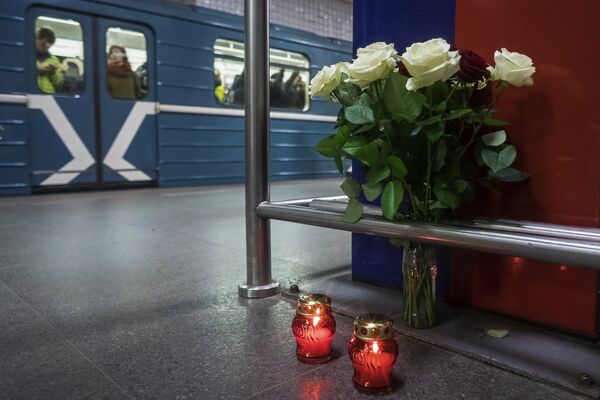
Initial investigation indicated that the bombings were perpetrated by the militant Islamist Caucasus Emirate group. On March 31, Caucasus Emirate leader Doku Umarov claimed responsibility for ordering the attacks in a video released on the internet. He was eliminated in 2013.
Two more terrorist attacks occurred in the vicinity of Moscow metro stations. On August 8, 2000, in the underpass at Pushkin Square an explosive device was detonated killing 13 people and injuring 118.
On August 31, 2004, a female suicide bomber blew herself up near Rizhskaya metro station killing 10 people and wounding 50 others.
Bloody September of 1999
In September 1999, Russia was shaken by whole series of terrorist acts.
On September 4, in Daegstan’s Buinaksk, near a five-story house on Levanevskogo street a GAZ-52 truck was blown up. Inside of it was 2,700 kg of explosive aluminum powder and ammonium nitrate.
The targeted building was a residence for the families of servicemen of the 136th Motorized Brigade of the Russian Ministry of Defense.
In the aftermath, 58 died people and 146 were wounded. Later six more people died from injuries.
On September 8, of the same year, there was an explosion on Guryanov Street. The device exploded on the ground floor of a nine-story apartment building, killing 92 people and wounding 264.
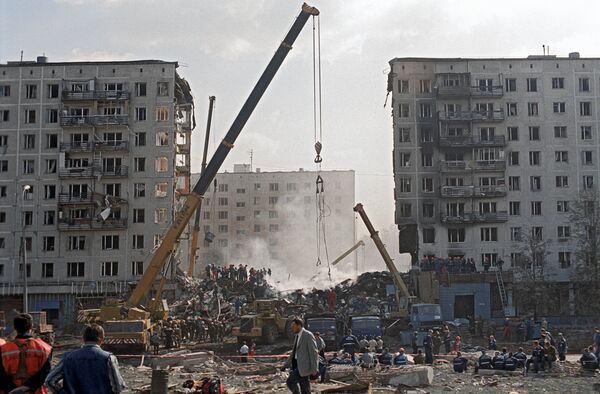
On September 13, an explosion hit Moscow's Kashira Highway where a massive amount TNT was detonated in the basement of an 8-storey residential building, killing 124 people and injuring 9.
On September 16, in the city of Volgodonsk, Rostov region a 1500kg bomb was detonated in a GAZ-53 truck near a nine-storey building on the Octaborskaya highway,. As a result, part of the facade collapsed completely. A fire broke out on some of the floors killing 19 people, and wounding 310.
Nevsky Express 2009
The first attempt to destroy the Nevsky Express was launched on August 13, 2007. The locomotive and 12 cars were derailed injuring about 60 people. On November 27, 2009 there was a second terrorist attack on the 285 km of the Octoborskaya Railway.
The last three cars were derailed killing 28 people and injuring more than 90.
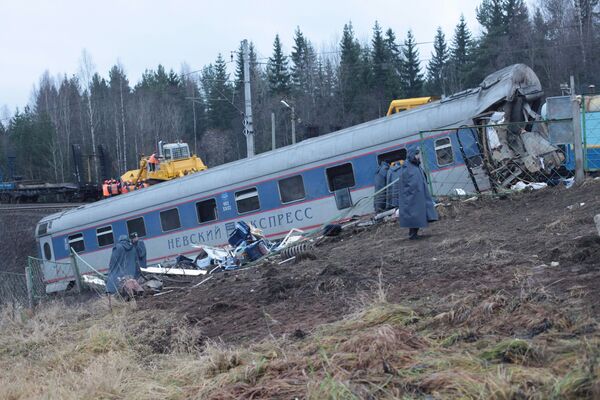
Volgograd Attacks December 2013
On the eve of New Year two terrorist attacks occurred in Volgorgrad. On December 29, 2013, a suicide bomber tried to enter a railway station but was stopped by police sergeant, Dmitry Makovkin.
The suicide bomber detonated the bomb at a security check near the entrance area. At least 18 people were killed, 45 were wounded. Dmitry Makovkin, who prevented the terrorist from going inside the waiting area of the train station, was posthumously awarded the Order of Courage.
The next day, December 30, there was another terrorist bomber on the bus in the Dzerzhinsky district of the city. The attack killed 16 people and injured 25 others.
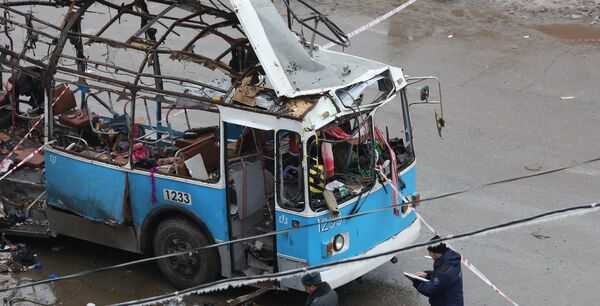
Domodedovo Airport Attack 2011
On January 24, 2011, Domodedovo International Airport, Moscow, was hit by a suicide bomber. The explosion took place in the international arrival hall killing 38 people and injuring 116.
Russia's Federal Investigative Committee later identified the suicide bomber as a 20-year-old from the North Caucasus and said that the attack was aimed "first and foremost" at foreign citizens.
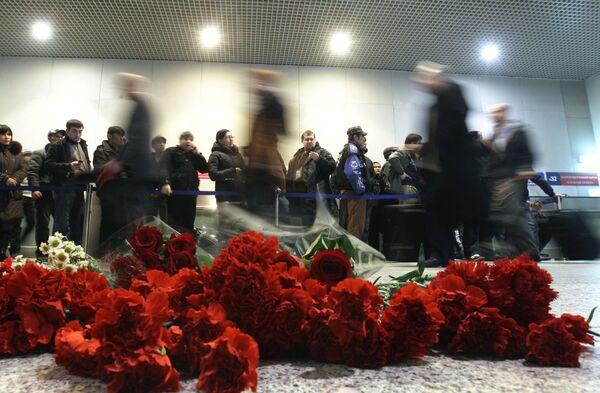
Russian Plane A321 in Sinai, Egypt
Last year, hundreds of Russian citizens died in a terrorist attack carried out against a Russian jet in Egypt's skies. On October 31, 2015, the Russian A321 plane crashed in the Sinai desert while flying from the resort city of Sharm el-Sheikh to St. Petersburg. All 224 people on board died in what has become the largest civil aviation disaster in Russian history.
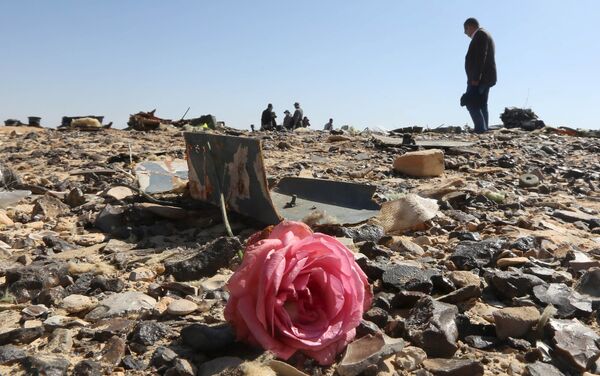
Russia’s Federal Security Service (FSB) said the tragedy was the result of a terrorist attack. Daesh which is banned in Russia and many other countries, claimed responsibility for the plane's downing.
Russia, like other countries around the world, has been exposed to the risk of becoming a potential recruiting ground for radical Islamist networks. The Russian Interior Ministry said last December that up to 2,000 Russian nationals were estimated to be involved in Daesh-related military activities.
On September 30, 2015, Russia launched its anti-terrorist mission in Syria at President Bashar Assad’s request.
Terrorism is a world-wide phenomenon that has gripped the 21st world in its deadly clutches. Solidarity and support amongst nations is the only way to battle this evil.

